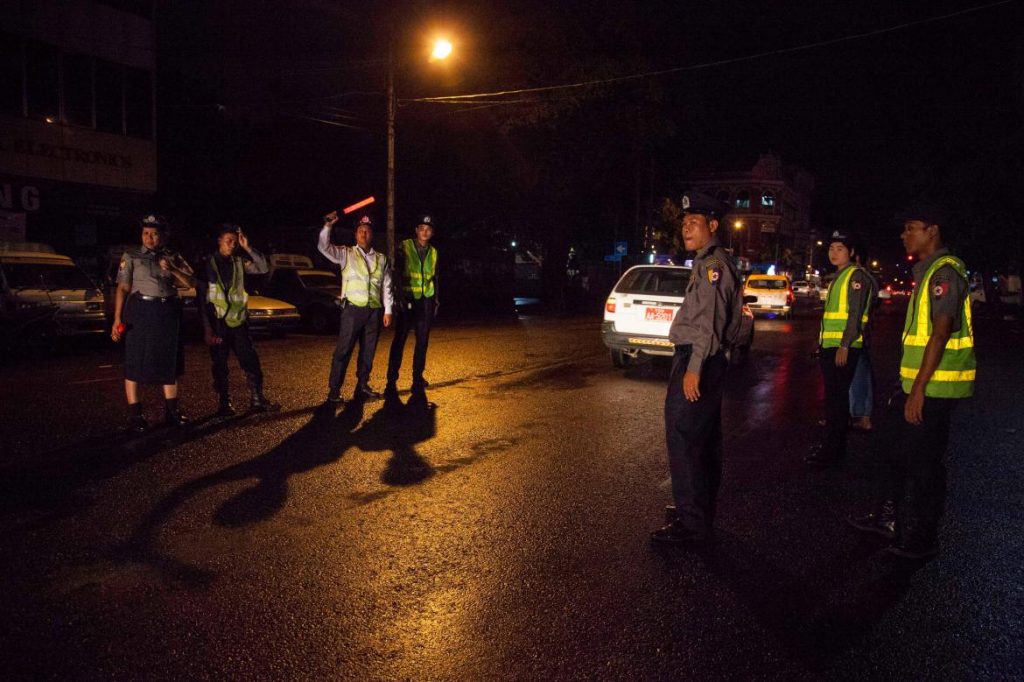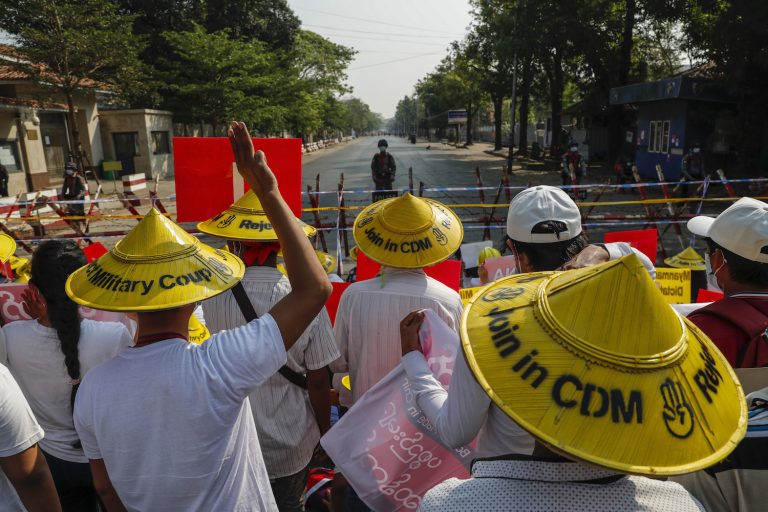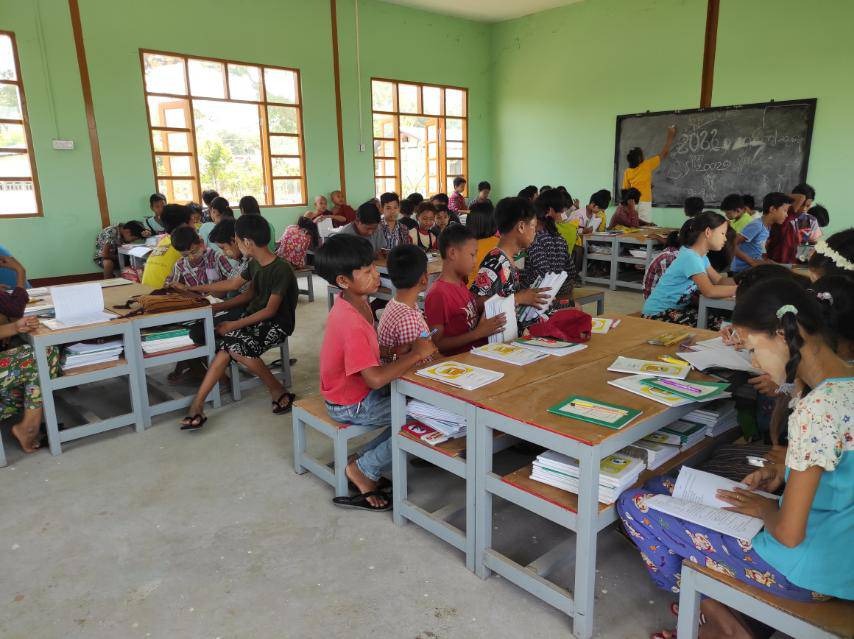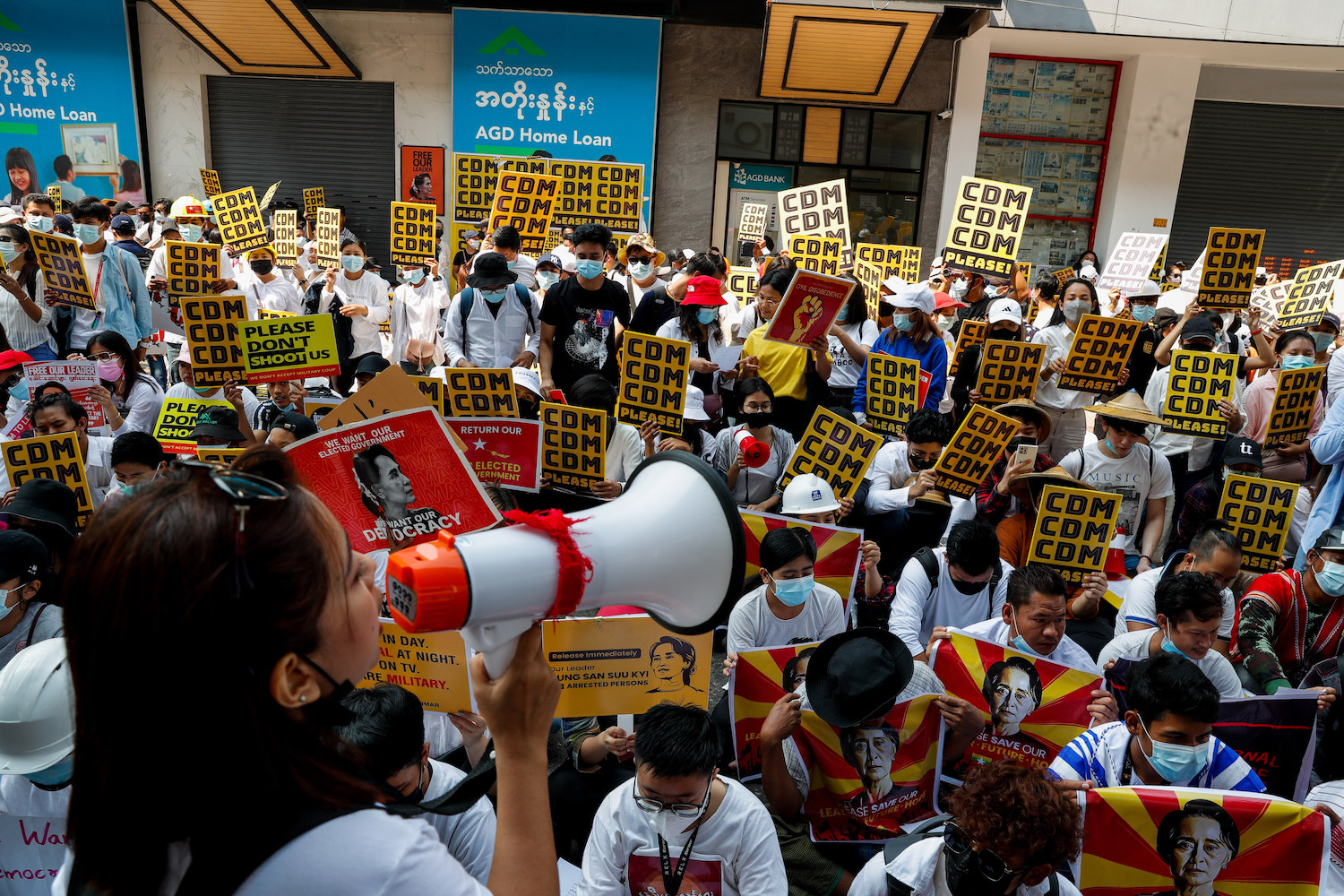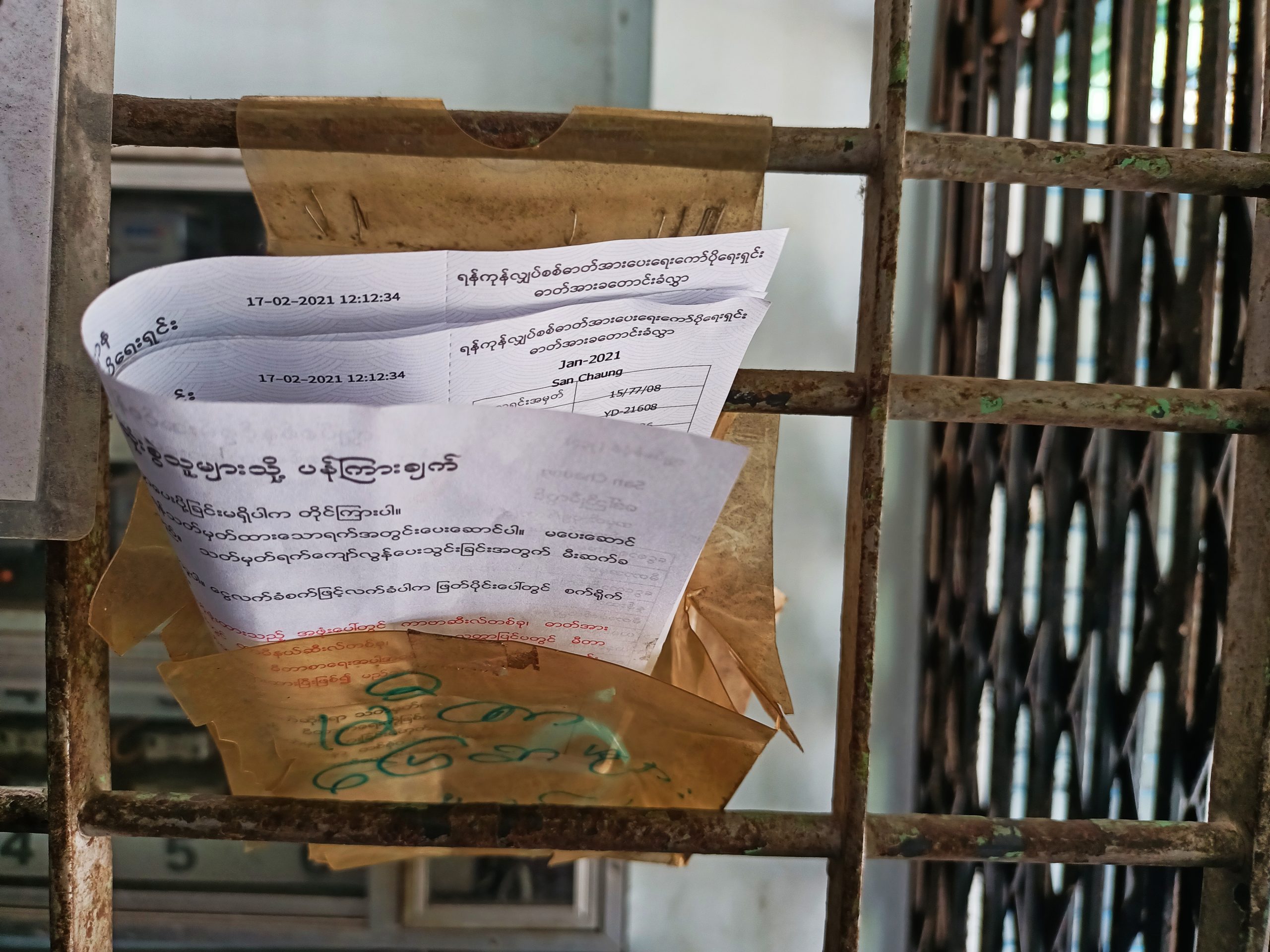Government ministries have begun announcing the results of their 100-day plans, but most observers remain underwhelmed by the progress made to date.
By NYAN HLAING LYNN | FRONTIER
THE RESULTS are in – or at least, some of them. In recent weeks, government ministries have revealed progress on projects within their respective 100-day plans, with the outcome something of a mixed bag.
The government’s 100-Day Project was approved by cabinet at its second meeting, on April 28. Ministries were instructed to identify projects for implementation from May 1 to the end of July.
The plans have caused great confusion, however, as in many cases ministries were not ready to launch on May 1. The plans were all eventually published in state-controlled media, although in many cases the details on the projects were sparse.
“Preparation should have been made for the 100 Day Project even before the government took office. Generally, I don’t think the project was effective,” said political commentator U Yan Myo Thein.
Support more independent journalism like this. Sign up to be a Frontier member.
“During 100 days, the most disappointing thing was that the government could not effectively tackle corruption,” he said.
Starting on August 12, ministries have begun holding press conferences to outline their activities and progress under the 100-Day Project.
Of the 22 ministries, seven had reported their results by August 16: home affairs; transportation and communication; construction; social welfare, relief and resettlement; electricity and energy; border affairs; and foreign affairs. The rest are expected to do so by August 30.
Analysis by Frontier has found that most of the projects reported to date are simply a continuation of tasks from the previous government.
These continued projects, together with routine tasks normally conducted by the ministries, comprised 29 projects. Another 12 projects represented policy changes or developments, while 14 were new initiatives with practical outcomes.
For example, the Ministry of Electricity and Energy’s plan included finishing construction of a power station and installation of electricity cables, both of which had been initiated by the previous administration. The ministries also reported projects such as the issuing of driving licences, distribution of electricity and arrangement of excursions for ethnic minorities – all routine tasks.
Other projects were too vague or not explained in enough detail to consider as genuinely new initiatives, so Frontier has classified them as normal or routine. These included maintaining ports, rivers and creeks; conducting educational activities on traffic rules; issuing land-lease grants; authorising registration of non-government organisations; state security; rule of law, peace and tranquility of communities; and performance for the sake of the people.
The new initiatives category includes granting prisoners more time for meeting guests; digging lakes in border areas; re-examining projects to ensure they are in accord with standards set by the government; mending damage inflicted by natural disasters; inviting transparent tenders; and creating job opportunities through a program to train carers for the elderly.
Others include repairing collapsed dams; ensuring 24-hour access information on natural disasters; adjusting high and low of the ways through bridges; reducing the number of toll gates; and upgrading 32 kilometres (20 miles) of the Yangon-Mandalay Expressway.
Among the policy changes were new basic principles and housing models for the rental of public housing, and the drafting of a Myanmar National Building Code. The relevant ministries also drafted new policies for youth and social protection.
Other projects in this category included the resettlement for refugees, improving the skills of civil servants, taking action against corruption and abolishing rail routes that were found to be financially unviable.
But for many members of the public, the results have been underwhelming. “During the tenure of the new government, I had expected the economy would be better and measures would be taken to improve government efficiency. Up to now though I have to say that I think the situation is probably worse than before,” said U Myint Zaw, a property and car broker from Yangon’s North Dagon Township.
“Ordinary people are worse off financially during these 100 days, because big companies’ businesses are stagnant … Commodity prices are also going up,” he said.
U Myint Mg Mg, the headmaster of an English training centre in the Shan State capital Taunggyi, said he was “not satisfied” with the outcome of the 100 Day Project.
“Take the Shan State government for example – it hasn’t done anything effective yet,” he said.
“Civil servants in the Customs, municipal, and immigration departments – those directly in touch with the people – aren’t arrogant anymore. When they ask for money now, they do it politely.
“I knew there were going to be a lot of difficulties, but I expected more.”
But U Zaw Htay, a spokesman for the President’s Office, told Frontier that many of the initiatives would take far longer than 100 days to implement. He said the overall aim of the projects was to “reduce the burden on the people”.
“Some activities must be finished within 100 days,” he said. “Others might take five years.”
Minister for Social Welfare, Relief and Resettlement U Win Myat Aye said his ministry had done its best to deliver results, but also urged patience. “There are some tasks that need to be urgently implemented and others for which we needed to increase momentum,” he said.
Yan Myo Thein said that to deliver real results the government would have to reform the way the civil service operates. A reorganisation was needed to remove those who obstruct reforms or are unwilling to change their ways.
“Some people say that it is difficult to implement reforms because former military men [are in the civil service]. But this problem can be solved through proper management.”
Top photo: Police conduct night-time patrols around Yangon’s Sule Pagoda. Improving security has been a priority under the Ministry of Home Affairs’ 100-day plan. (Theint Mon Soe – J / Frontier)


